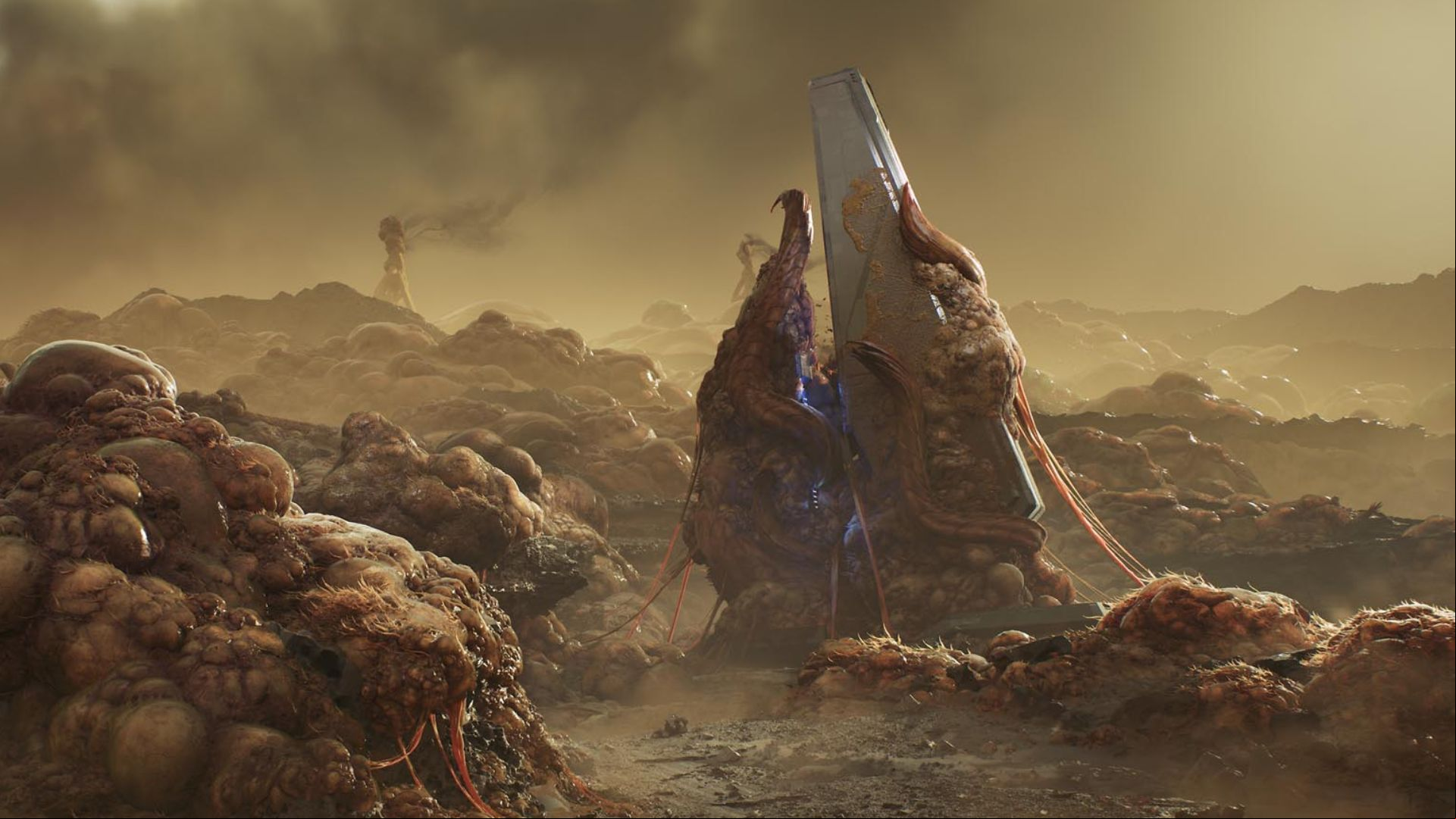I love Halo, but recent years haven't been too kind to our Master Chief. 343 Industries made the best feeling game in the entire series with Infinite, but a dreadful launch held it back from true greatness. Then the team fell silent. Infinite was slowly crawling out of the pit, but the series' future felt nebulous. Now we have a glimpse of what's coming, and it's incredibly promising. The way Halo is being developed is changing, and it's symbolic of a revision we need to see across all triple-A games.
To bring you up to speed, everything's about to change for Halo. 343 Industries has rebranded as Halo Studios, the entire series is moving to Unreal Engine 5, and multiple new games are in development at once. FPS game series.
A change of this scale has been sorely needed for some time. I love how Halo Infinite plays but the launch and initial were lacking. Series mainstays like campaign co-op, Forge, and even performance-based XP were missing on day one. These came after the launch (apart from the local campaign split-screen), but it was too little too late. 343 was presented with a Sisyphean task, and despite the team's irable efforts, it was impossible for Infinite to get to the top of the hill.

So now Microsoft's flagship shooter (at least before it bought Activision Blizzard and got Call of Duty) is getting a much-needed revamp. But what does that mean, and how might it serve as an antidote for both Halo and the issue of ballooning triple-A development as a whole?
Before Halo Studios switched to Unreal Engine 5, the Slipspace engine caused some huge problems. "On Halo Infinite, we were developing a tech stack that was supposed to set us up for the future, and games at the same time," Hintze says in a news post. Moving to Unreal means development is more fluid and focused on the experience. It also opens up the door to hiring more developers with direct UE5 knowledge.
This allows Halo Studios to make multiple games at once. "We had a disproportionate focus on trying to create the conditions to be successful in servicing Halo Infinite," Hintze explains. "[But switching to Unreal] allows us to put all the focus on making multiple new experiences at the highest quality possible." Not every studio has the scale or talent to do this, but hearing the development team directly acknowledge how Infinite's pipeline held it back, and how this new plan wants to propel it forward, is refreshing.
Halo's new direction is pieced together by Project Foundry. This research initiative is the baseline for the future of the series, acting as a testbed for UE5. Using Project Foundry for multiple games simultaneously hopefully means Halo Studios can share ideas, assets, and more as they go. "We built things that we truly believe in, and the content that we've built – or at least a good percentage of it – could travel anywhere inside our games in the future if we so desire it," art director Chris Matthews says. Does this mean more Halo games at a faster rate? Either way, it sounds like an opportunity to better streamline development.
In short, it sounds like we're getting more Halo games, and faster. Outside of the adventures of Master Chief, this kind of shift is what the industry as a whole sorely needs right now. Triple-A games take far too long to make, with billowing costs incentivizing playing it safe over creating new experiences. If we want the medium of videogames to thrive, we need to find ways for them to cost less, and meet changing player expectations.
I'm not saying every studio needs to move to Unreal Engine 5, have multiple projects on the go, and undergo a rebrand whenever circumstances get tough. Instead, the newly branded Halo Studios has openly communicated with us about why its current pipeline wasn't working, and endeavored to change that. More studios would benefit from this same approach – being frank with players and adjusting their expectations is also crucial.
Current triple-A game development isn't sustainable, and it hasn't been for quite some time. The industry is churning through talent, re-releasing the same games on loop, and chasing trends that aren't paying off. We're watching the ouroboros devour itself, and at some point, something has to give. Halo could very well be the starting pistol for a new triple-A.


